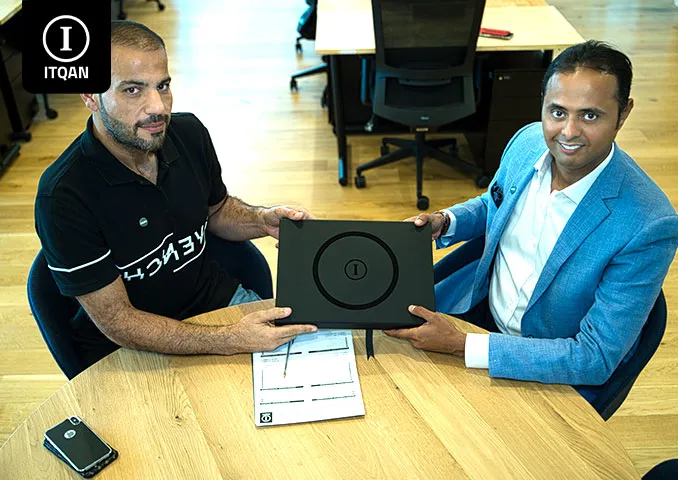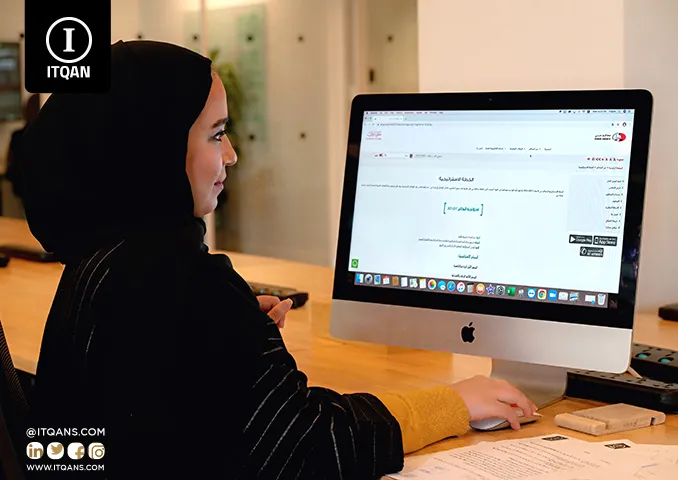Business Setup UAE: A Complete Guide for Entrepreneurs
If you’re considering business setup in UAE, you’ve made a smart choice. The United Arab Emirates offers unparalleled opportunities for entrepreneurs, especially in its free zones. With streamlined procedures, tax benefits, and access to a global market, launching a company in this region has never been easier.
Why Choose the UAE for Business Setup?
The UAE has become one of the leading hubs for international businesses thanks to its business-friendly policies and strategic location. Whether you’re launching a startup or expanding an established enterprise, here are some of the top benefits of starting a company in the UAE:
- 100% foreign ownership in free zones.
- Zero personal and corporate income tax in many cases.
- World-class infrastructure and connectivity.
- Streamlined registration and license issuance.
- A strategic location connecting Asia, Europe, and Africa.
Key Steps for Business Setup in UAE
To successfully start a company in the UAE, you’ll need to follow specific steps to ensure compliance with local regulations. Below is a step-by-step breakdown:
1. Determine Your Business Activity
Choosing the right business activity is crucial as it determines your license type and operational scope. Activities range from trading and manufacturing to professional services and e-commerce. Ensure your chosen activity aligns with your long-term goals.
2. Decide Between Mainland and Free Zone
When setting up a business in the UAE, you have two primary options: mainland or free zone. Each offers unique advantages depending on your needs:
- Free Zone: Ideal for international trade, full foreign ownership, and tax benefits.
- Mainland: Provides flexibility to operate within the local UAE market and wider client base.
For more details on choosing the best free zone, check out Best Free Zones in UAE for Business Setup.
3. Select a Trade Name
Your business name must comply with the UAE’s trade name policies. Avoid using any prohibited words or names that closely resemble existing companies. Once approved, the name will be registered with relevant authorities.
4. Apply for a Business License
After selecting your activity and name, the next step is applying for a business license. Common types of licenses include:
- Commercial License: For trading and selling goods.
- Industrial License: For manufacturing industries.
- Professional License: For consultancies and other services.
Consult local authorities or service providers to expedite this process.
5. Open a Corporate Bank Account
A UAE-based corporate bank account is essential for conducting business operations. Choose a bank that aligns with your business requirements, whether it involves multi-currency capabilities or online services.
6. Obtain visas for Employees and Partners
To bring employees or business partners into the UAE, you’ll need to secure residency and work visas. This is a relatively straightforward process and can be included as part of your business setup package.
Advantages of Setting Up in UAE Free Zones
The UAE free zones are particularly attractive for startups and international companies. Here’s why:
- 100% foreign ownership: Investors retain complete control of their business.
- Tax exemptions: No corporate or personal income taxes.
- Full repatriation of profits: Businesses can transfer their entire profits back to their home countries.
The UAE currently has over 40 free zones, each catering to different industries. For more guidance, head over to the UAE Government Portal.
Costs of Starting a Business in UAE
The cost of setting up a company in the UAE depends on various factors, including the type of license, location, and business activity. On average, costs include:
- Trade license fees: AED 10,000 – AED 25,000
- Office/Space rental: Varies based on free zone vs mainland
- Visa costs: Per visa ranges from AED 3,000 – AED 6,000
Common Challenges and How to Overcome Them
While the process is straightforward, new business owners may encounter challenges like:
- Complex legal procedures: Hiring an expert consultant can simplify this.
- Cultural differences: Research and adapt your business practices to the UAE market.
- Bank account approval delays: Work with reputable banks that have experience with foreign investors.
Conclusion
Business setup in UAE offers immense potential for growth, provided you follow the steps carefully. By leveraging the benefits of free zones, understanding the costs, and addressing challenges proactively, you can ensure a seamless and profitable business journey.
For more insights or personalized advice, explore our guide on Best Free Zones in UAE for Business Setup.







